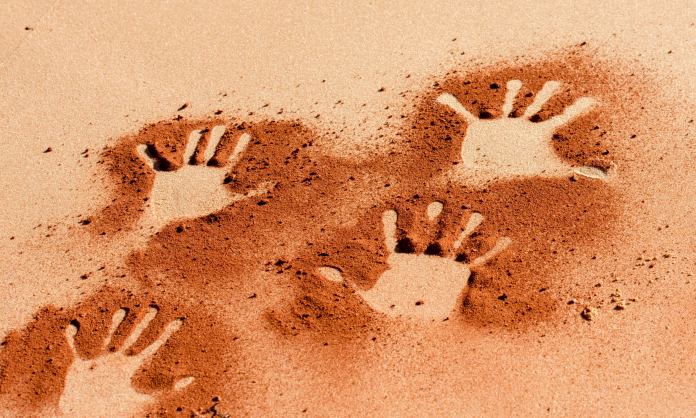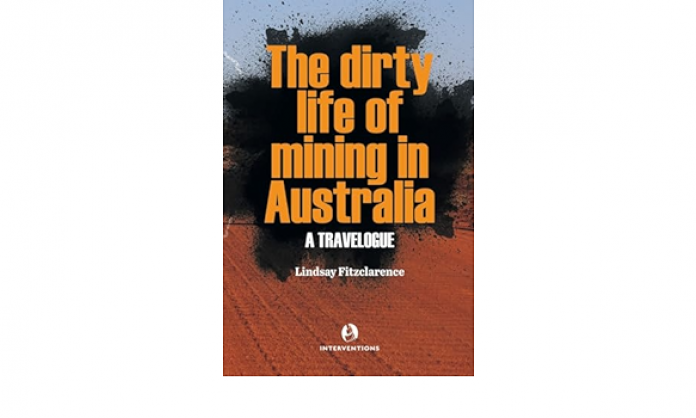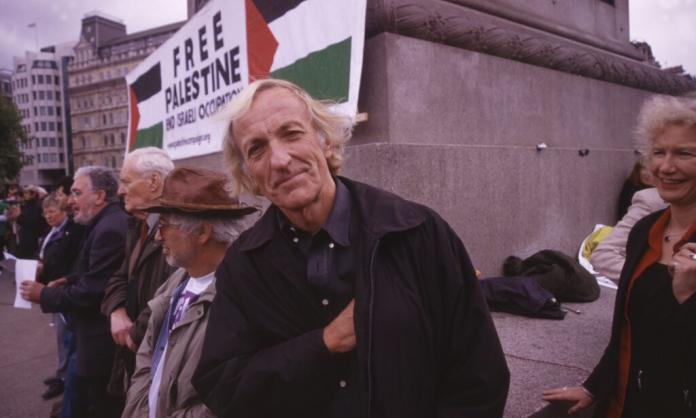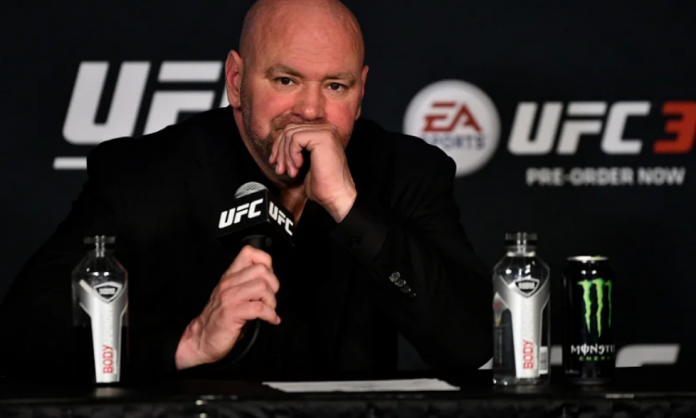“The [Voice] referendum is about whether we retreat into ourselves or have the courage to advance forward”, Prime Minister Anthony Albanese declared in a keynote speech at the Garma Festival in north-east Arnhem Land on 4 August.
Albanese likened his government’s resolve to the kangaroo and emu that sit on the Australian coat of arms. “[They] are two of the only animals in the world that never go backwards – they just go forwards”, he said.
Yet go backwards Labor did.
On 8 August, WA Premier Roger Cook and Aboriginal Affairs Minister Tony Buti fronted a press conference to declare their government’s surrender in the face of a racist campaign by farming, mining and pastoral interests against the Aboriginal Cultural Heritage Act, which came into force on 1 July.
Cook announced that the Act would be repealed and that the state government would revert to the 1972 Aboriginal Heritage Act, which has provided a licence to mining interests to destroy Aboriginal heritage sites for the past half century.
“Put simply, the laws went too far, were too prescriptive, too complicated and placed unnecessary burdens on everyday Western Australian property owners”, Cook told the media.
When Rio Tinto blew up two sacred sites at Juukan Gorge in 2020, the mining company ignited outrage across the world. The rock shelters were sacred to the Pinti Kunti Kurrama and Pinikura peoples in the Pilbara region. They contained artefacts that included unique stone tools, human hair and animal remains that, according to Wuthathi-Meriam woman Terri Janke, provide evidence of “cultural practices, resources and knowledge systems’ of human life going back 46,000 years”.
Rio Tinto’s wanton destruction of Aboriginal heritage and total disregard of the wishes of traditional owners was made possible by Section 18 of the 1972 Act, which allowed the minister to weigh heritage concerns against the “public interest”. Once the minister’s decision was made, it was final. Traditional owners had no right of review, even when new evidence of cultural heritage is found.
The Section 18 process became so routine that it was known as an “approval” or “clearance”. In 2011, the former Liberal minister Norman Moore joked at a mining industry function that the raffle prize would be a free Section 18 approval. According to South West Aboriginal Land and Sea Council CEO Wayne Nannup, “Over 99 percent of the 400 plus Section 18 applications made by miners and developers to the McGowan government [had] been granted” as of last year.
Additionally, anyone from big agribusiness to small farmers could defend the destruction of Aboriginal heritage by simply claiming that they didn’t know that the site was there and couldn’t reasonably have known it was there.
Under the 1972 Act, the process for registering a protected heritage site was extremely onerous for Aboriginal applicants. The Act established an Aboriginal Cultural Materials Committee, which could provide recommendations to the minister about whether a site should be protected, and whether the economic use of a site was compatible with its preservation. The final decision rested with the minister, who was always free to disregard the council’s advice, though often the minister felt no need to do so.
In 2020, when Rio Tinto destroyed sacred sites at Juukan Gorge, the chair of the committee was Gavin Fielding, a life-long state bureaucrat and former head of the WA Industrial Relations Commission, who just happened be a Rio Tinto shareholder. Fielding insisted he held no conflict of interest. Also on the committee was the chief surveyor of Landgate, a state government authority responsible for land development.
Over the past half century, there are many examples of WA state governments using “public interest” (i.e., mining and development interests) to permit the destruction of Aboriginal heritage in the face of determined community opposition. Some of the most high-profile cases include US multinational Amax’s oil drilling exploration at Noonkanbah station in 1980 and the development of the Old Swan Brewery site on Perth’s foreshore in the early 1990s.
In the decade prior to the Juukan Gorge disaster, mining companies were granted permission to damage 463 “protected” sites, including some containing rock art dating back tens of thousands of years. According to the Guardian, Rio Tinto has 13,300 ethnographic and cultural sites on its Pilbara mining leases, Fortescue manages more than 5,900 Aboriginal heritage sites across its leases, and BHP manages about 8,000 sites.
When elected in 2017, Labor had promised to update the antiquated law. However, at the time of Rio Tinto’s destruction of Juukan Gorge, Labor had done nothing to act on this promise.
Bowing to pressure and faced with a damning Senate inquiry, the McGowan government rushed the new Aboriginal Cultural Heritage Act through state parliament in November 2021 with little parliamentary opposition. The government’s key selling points were the removal of Section 18 and an increase in fines for those who break the law (from $50,000 to $10 million). The government claimed the new bill would “reset the relationship between land users and Traditional Owners and transform how Aboriginal cultural heritage is identified, managed and conserved”.
However, Aboriginal groups were sceptical. The Kimberley Land Council and the South West Aboriginal Land and Sea Council said in 2021 that the new Act would “not stop the destruction of scared sites as long as decision-making power over their protection remains with a government minister”.
And Kimberley Land Council CEO Nolan Hunter stated:
“Whilst the changes remove Section 18, government endorsed destruction without the agreement of Traditional Owners would still be possible under a re-badged and rebranded Section 139. With a few more checks and balances, a minister will still have the final say on if a sacred site is important or not.”
Nonetheless, the 2021 Act shifted the burden of responsibility to identify Aboriginal heritage and consult with traditional owners to landholders and mining interests. The Act established new Local Aboriginal Cultural Heritage Services, Aboriginal-run independent bodies to investigate local heritage claims, for a fee.
As the implementation date of the new Act approached, the Pastoral and Graziers Association and the Liberal and National parties called for the Act’s implementation to be paused. A petition calling for a six-month delay garnered 30,000 signatures. Their campaign soon attracted support from right-wing media outlets such as the Australian and Sky News, and opponents of Labor’s proposed Voice to Parliament.
Geraldton mayor Shane van Styn told the West Australian on 9 July that a tree-planting event at Wonthella Bush Reserve to honour the service of the late Queen Elizabeth II was “shut down” after a local traditional owner had claimed the reserve was a sacred site (she had actually protested the event because she objected to the site being named after the deceased monarch). Two days later, Styn erroneously claimed in an interview with Sydney radio station 2GB:
“The Act gives Aboriginal folk the right to enter any property ... stop any works, they have a right to demand passwords to your computer ...” and that “the Act grants them enough powers that they can use force which is not likely to cause grievous bodily harm or death”.
Nationals MP Barnaby Joyce and One Nation Senator Pauline Hanson quickly piled on, stoking fears that Labor would roll out laws to curb farmers’ rights across the country. On 3 August, Liberal Senator Jonathon Duniam told Sky News presenter Peta Credlin that the legislation was the act of a “socialist state gone mad”.
Underlying the racist campaign was a desire by conservatives to leverage opposition to the legislation towards defeating the Voice to Parliament referendum. The latest Essential poll, on 5 August, shows support for the Voice has slipped below 50 percent in all states. In Western Australia, where support is lowest, only 39 percent said they would vote yes.
Despite government claims to the contrary, speculation has been rife that Albanese brought pressure to bear on Cook to get the issue off the agenda. Shamefully, Yes 23 campaign spokesperson Dean Parkin welcomed news of the WA premier’s capitulation.
Parkin told the West Australian that the scrapping of the legislation “gives us a clearer pathway from now through to the referendum to be able to focus very closely on that very simple question of recognising Aboriginal and Torres Strait Islander people as the first peoples of this country through a Voice”.
In other words, the modest but real gain of Aboriginal heritage protection in WA must be jettisoned to achieve a symbolic outcome at a federal level. As Red Flag contributor Jordan Humphries observed in June, “the whole messaging of the Yes campaign avoids any discussion of the racism that Indigenous people face” and, consequently, its “depoliticised approach ... is flirting dangerously with failure”.
While supporting a Yes vote, we should have no illusions that the Voice will address the structural racism that Aboriginal people face. Indeed, it has been engineered to avoid any significant challenge to the status quo. In WA, Labor has made it abundantly clear that it is more willing to listen to the voices of graziers, farmers and mining companies than Aboriginal people. Why should we expect that the Voice to Parliament, should it be enacted, is any more likely to be listened to?










